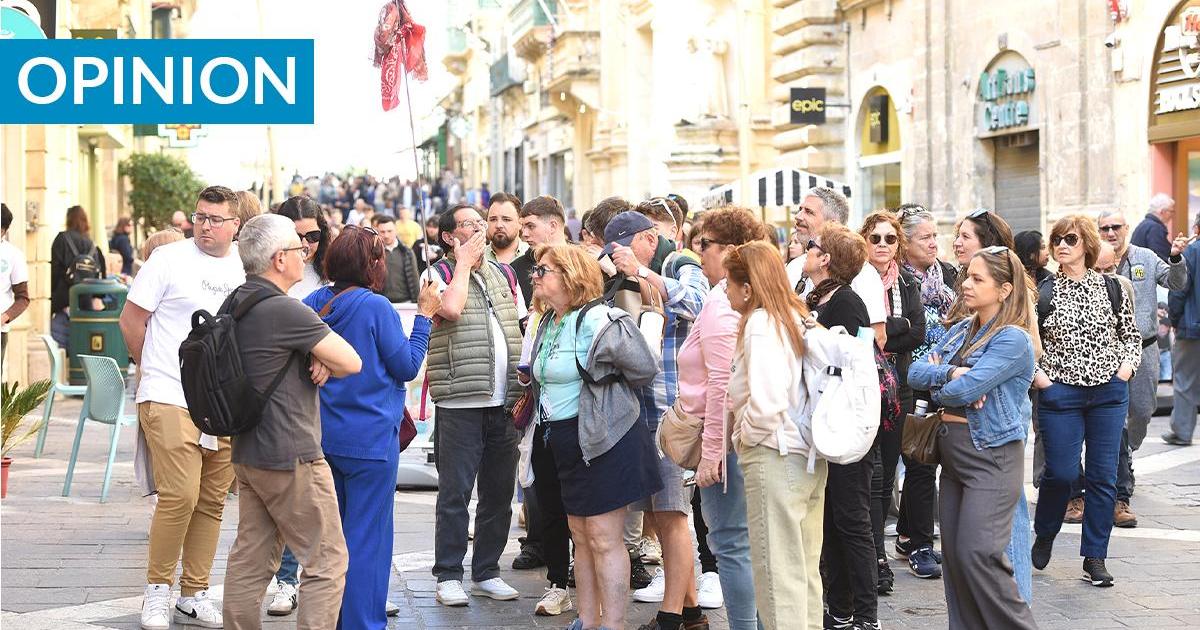One would have thought that the government’s Vision 2050, which has already received the seal of approval of the Nationalist Party, would have set the basis for integrating social, ecological and economic imperatives in policy making. However, the misalignments between the current economic orthodoxy and the goals of shared prosperity within local (and planetary) boundaries remain. An effective vision document should consider seriously which investments are encouraged, which are discouraged and which are outright disallowed. What is taxed, what is taxed less and what is not taxed at all. Which services and industries are encouraged and which must change, reform or be phased-out. This is what will push the economy one way or another. Either an economy which serves us all, is socially just, ecologically sound and sustainable or an economy based on exploitation of people and resources, locally and abroad. The prosperity of some at the expense of others. Vision 2050 offers more of the same. The same sectors propped up by the government. More tourism, land reclamation to prop up the construction industry and increasing the country’s reliance on gaming and online casinos. It seems the same groups and companies are writing government policy. Instead of creative ways of using and upgrading existing facilities, we have a proposal of a theme park, designed for mass tourism, in contradiction to the stated aim of ‘quality tourism’. Instead of focusing on niche conferences, for example, we are told that we need massive conference venues for 25,000 participants at one go. Vision 2050 is a nightmare which will turn village cores into ghost towns, push property prices further up and push people out for soulless tourist accommodation. Instead of ‘Gozo an island of villages’, we will be getting a tourist trap. While cities in Europe are tackling the crisis caused by short-lets and massive hotels, Malta is considering moving in the opposite direction. All to satisfy the greed of the few. The problems in the EU are mirrored on a micro-scale here in Malta. Far too much money continues to flow towards counterproductive activities such as fossil fuels. In Malta, this includes the vote buying blanket fuel subsidies dished out by the government. On the other hand, insufficient funds are flowing towards activities that support a green well-being economy. Short-termism must be curtailed at all costs. Business models that are privatising the benefits and socialising the costs have no place in today’s world. Instead of ‘spreading out wealth’ there are too many proposals which will continue concentrating it further in the hands of the few, both locally and internationally through corporate welfare for multinationals. Figures from Eurofond (2021) show that between 2010 and 2017 the richest 5% of the Maltese population increased its wealth from 33% to 40% of the country’s wealth. Vision 2050 will continue this trend. A green well-being economy would tackle the large financial sector which encourages speculative behaviour. Unproductive financial capital is a burden on real investment in sectors which serve our social and ecological needs. It blocks or slows the transition to a social-ecological economy. An alternative green Vision 2050 would encourage smaller, social and cooperatively organised forms of economic activity, especially cooperatives and other smaller companies oriented towards the common good. Ralph Cassar is secretary general of ADPD.
